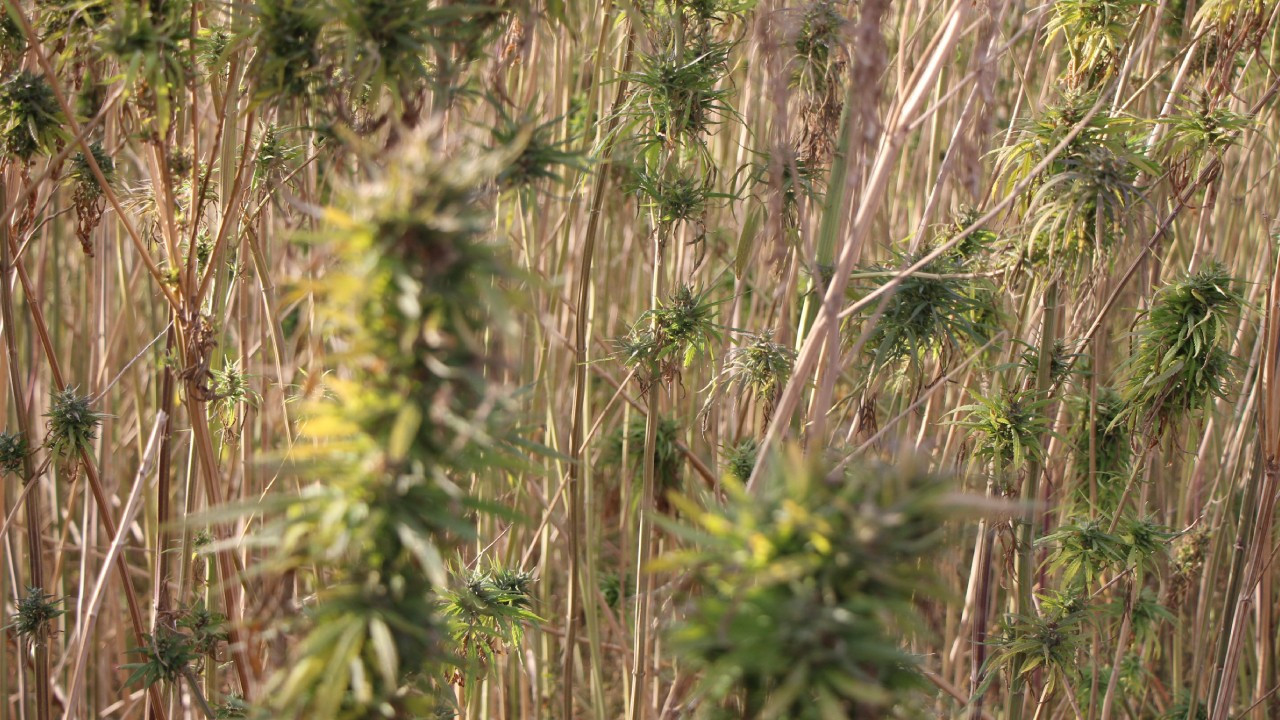
Critic Drop in Cannabis: Planting Areas Decreased by 87 Percent


Within the scope of the "Hemp is Reborn Project" carried out in Amasya, there has been an unexpected and serious decline in the planted hemp. The planting area, which reached 6,500 decares by 2024, dropped to only 850 decares in 2025. This dramatic decrease has caused great disappointment for producers.
The reasons for this decline include serious problems encountered in the contracted production process. TİGEM (General Directorate of Turkish Teachers and Trainers) and some private companies have taken steps back in hemp production, leading to a significant reduction in the planting areas. Of the 850 decares, 500 decares belong to TİGEM’s Gökhöyük Agricultural Enterprise, while the remaining area was planted by private companies in the Gümüşhacıköy and Hamamözü districts.
Ahmet Arslan, the Provincial Agriculture Director, warned that if firms do not enter the sector more strongly, production could decrease even further. Since hemp has significant potential both legally and economically, this drop highlights the need to reevaluate long-term strategies.
The problems producers face in working with the contracted method have also affected their planting decisions. The complete shift from positive developments until 2024 to a negative situation creates great concern in the sector. Hemp has a wide range of potential uses in both industrial and medical fields, and adopting sustainable production techniques is of great importance.
Particularly in terms of determining future production strategies, it is emphasized that firms should be supported and permanent solutions should be produced in this area. Expanding hemp not only in Amasya but throughout Turkey and developing value-added products can further strengthen the sector. In this context, restructuring hemp production and meeting the needs of producers is of critical importance.
.png)
Yakında Tüm Platformlarda
Sizlere kesintisiz haber ve analizi en hızlı şekilde ulaştırmak için. Yakında tüm platformlarda...










.png)